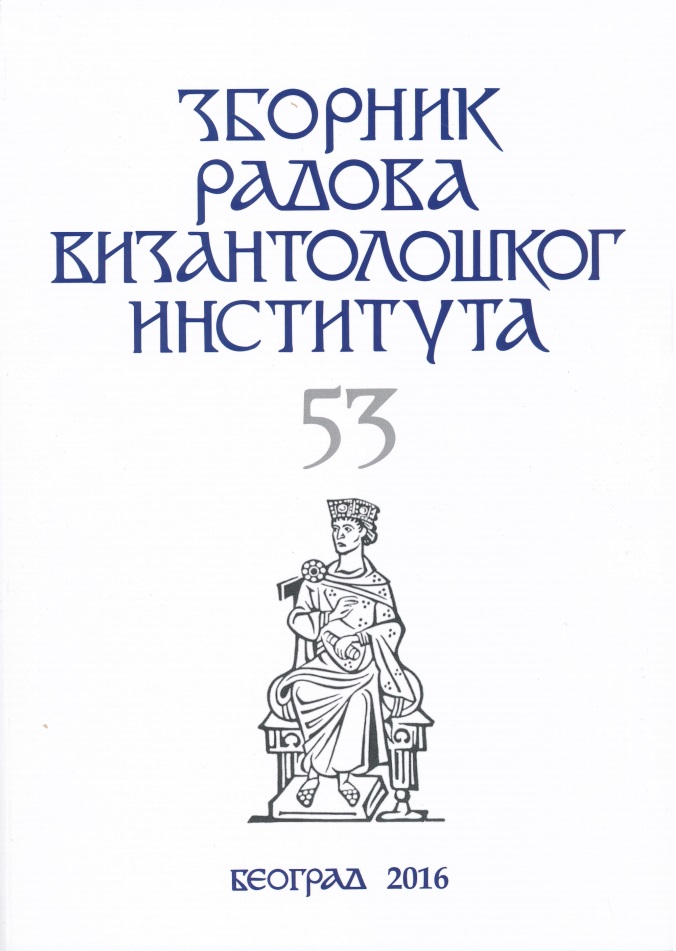Can Human Beings Know the Hour of Their Own Death or of the Death of Others? A Ninth-Century Controversy and its Historical Context
Can Human Beings Know the Hour of Their Own Death or of the Death of Others? A Ninth-Century Controversy and its Historical Context
Author(s): Dirk KrausmüllerSubject(s): Cultural history, 6th to 12th Centuries
Published by: Vizantološki institut SANU
Keywords: Hour of Death; Foreknowledge; Stoudios; Medikion; Joannicius; Peter of Atroa
Summary/Abstract: Between the seventh and the ninth century holy men acquired a new role. They no longer just exorcised demons and healed diseases but also foretold people when they would die. This development was caused by a shift in religious belief. Under the influence of relentless preaching, people had come to think that salvation or damnation was determined by the state in which one found oneself at the moment of death. What was feared was a sudden death, which would not leave time for the necessary preparation through repentance and almsgiving. Contemporary holy men responded to this fear by offering their services as prophets. These activities incurred the criticism of coenobitic monks who were opposed to them for moral and metaphysical reasons.
Journal: Зборник радова Византолошког института
- Issue Year: 2016
- Issue No: 53
- Page Range: 63-82
- Page Count: 20
- Language: English

